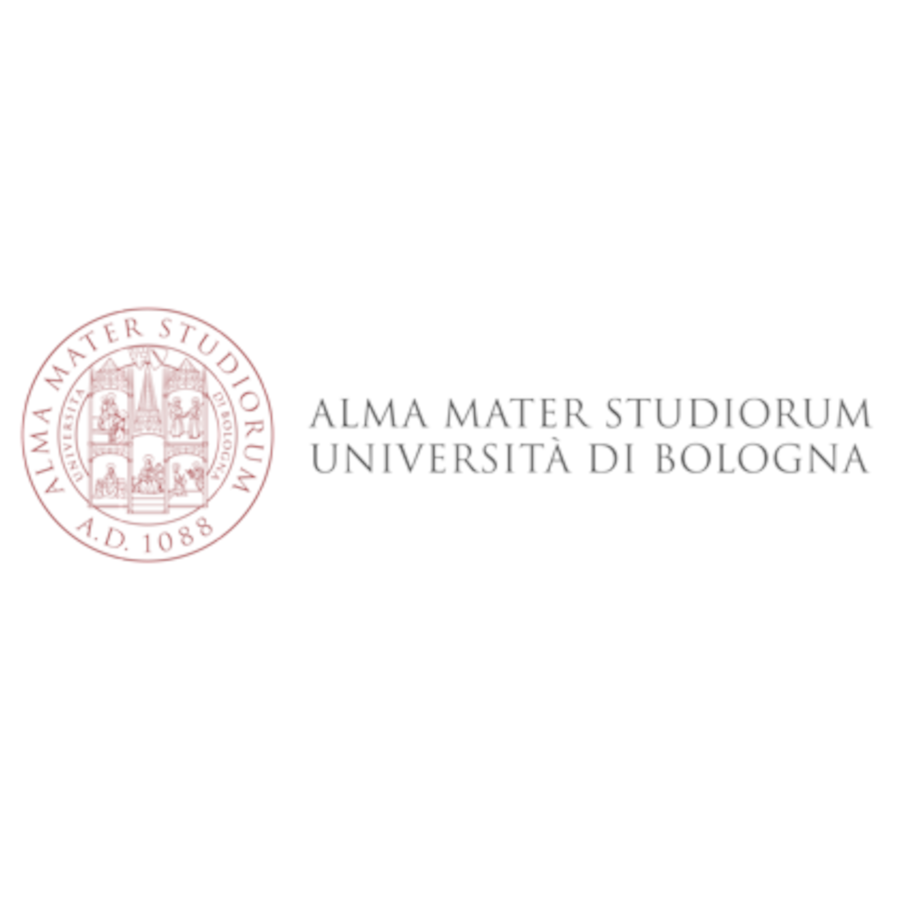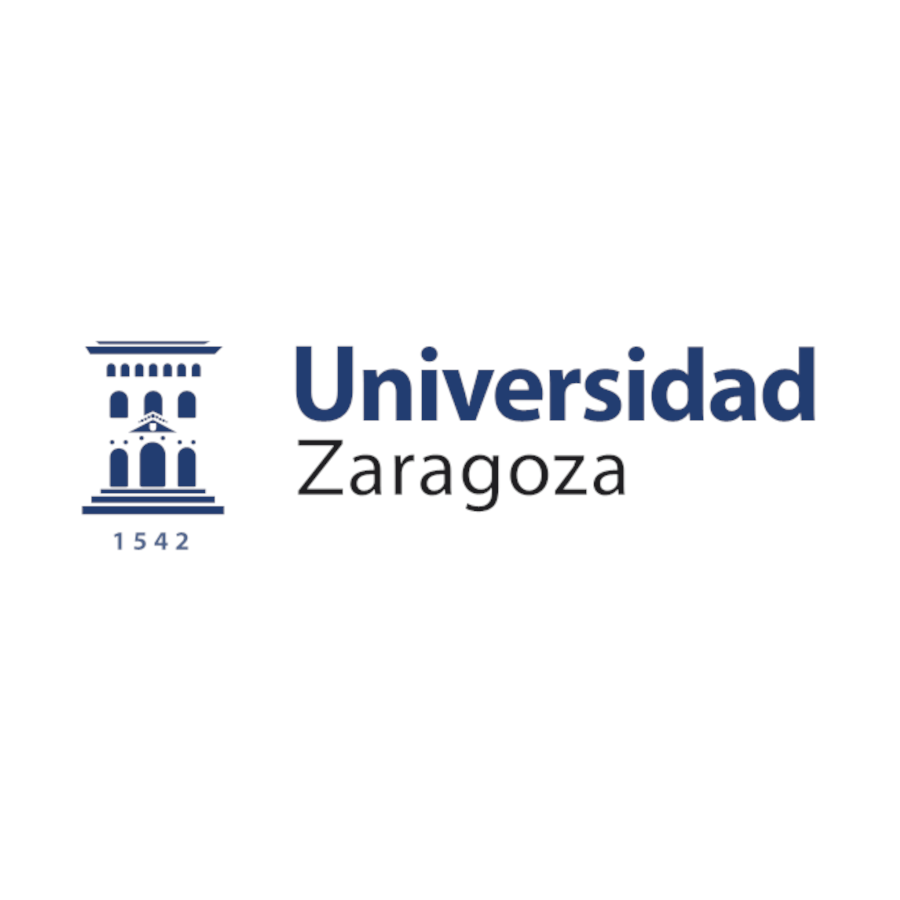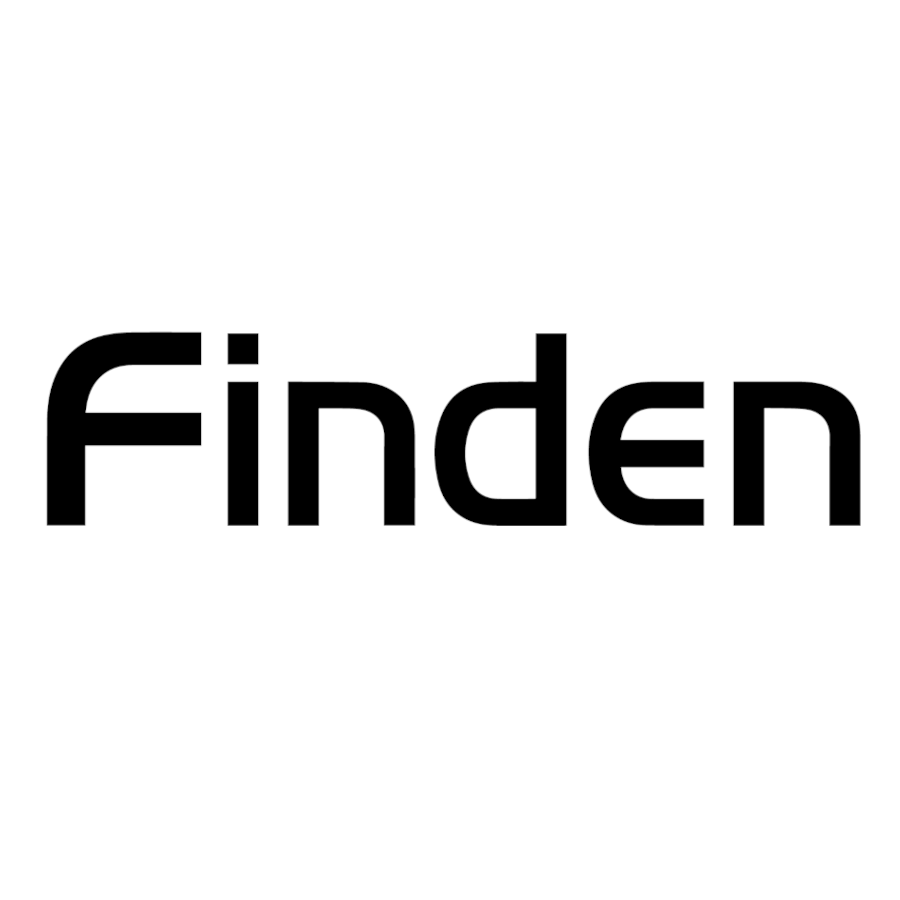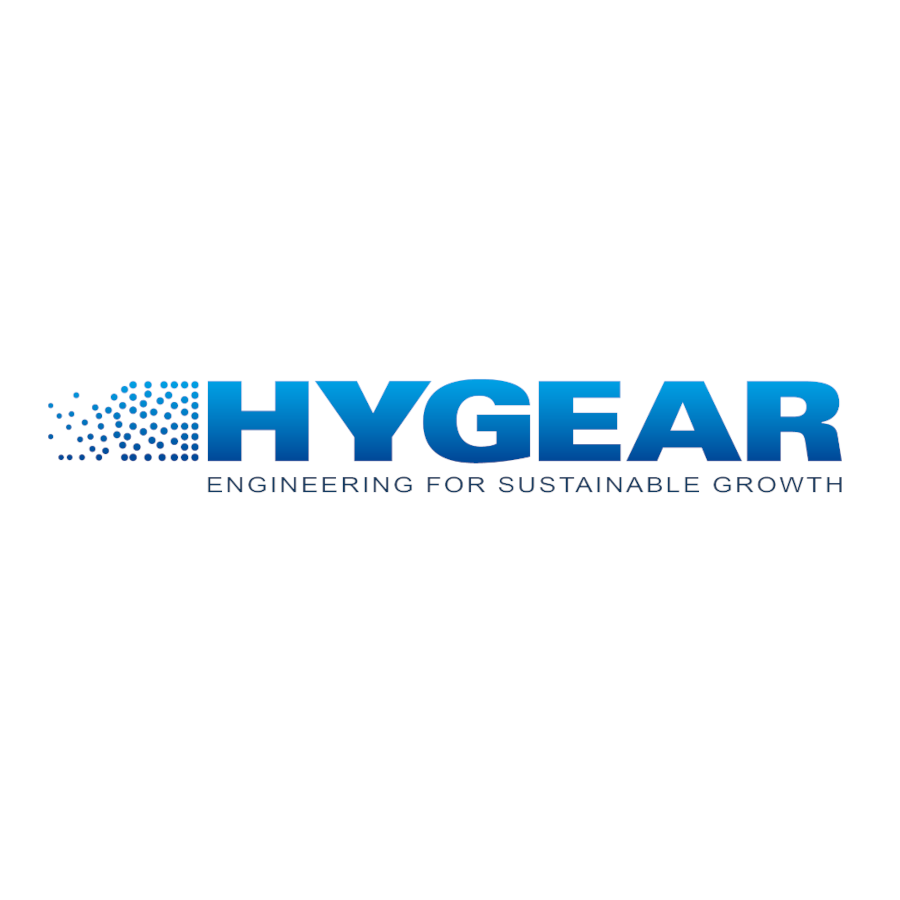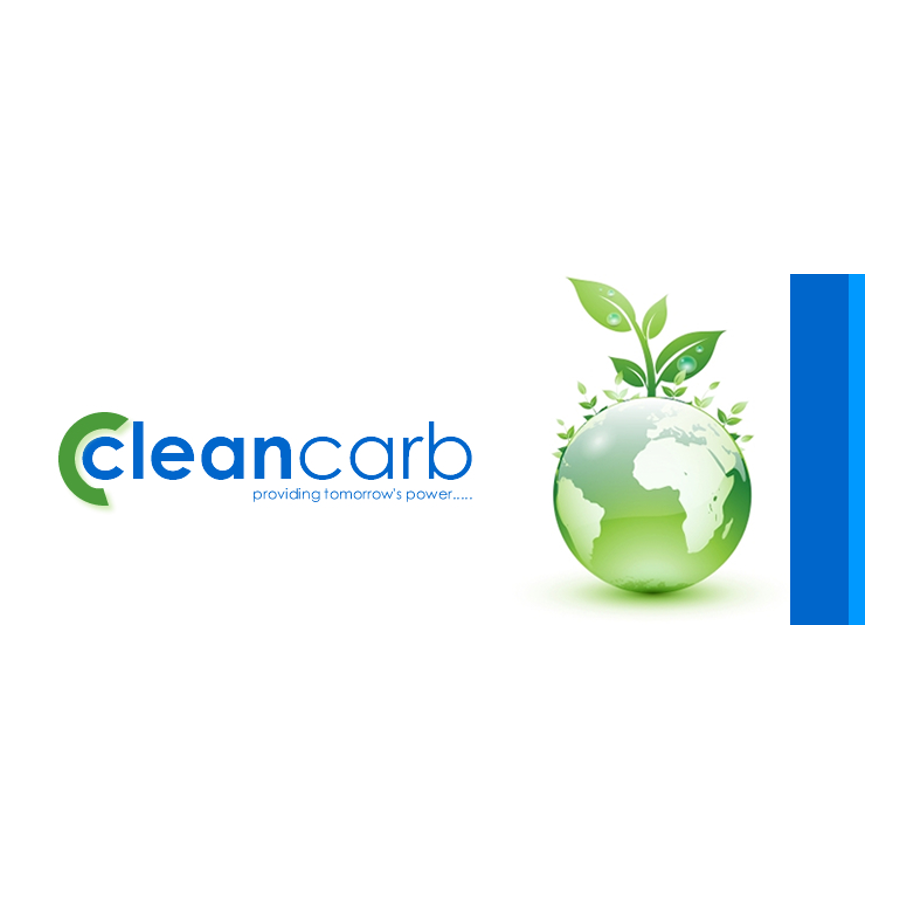THE CONSORTIUM
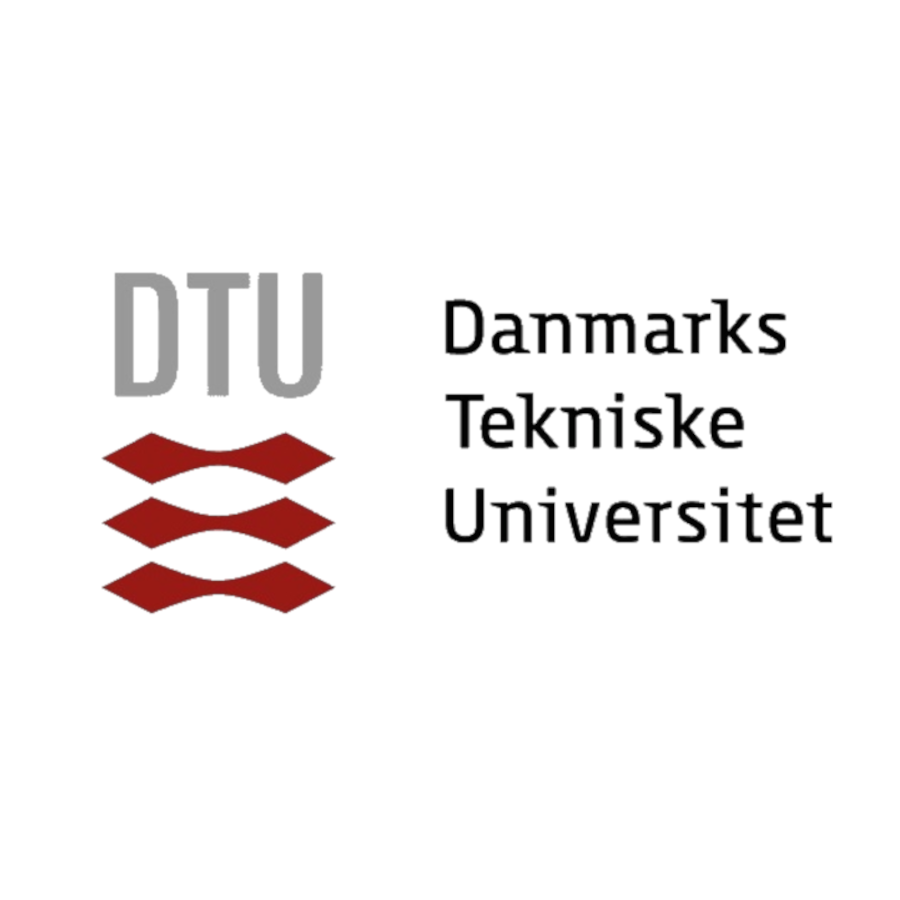
DTU
The Department of Physics at the Denmark Technical University, is represented by Prof. Christian Damsgaard, an expert in fundamental characterization of catalysts to establish structure/activity relationships. DTU has access to size selected cluster source deposition equipment for producing model catalyst systems and it has an electron microscopy facility, that houses an aberration corrected ETEM enabling in situ growth studies of model catalysts.
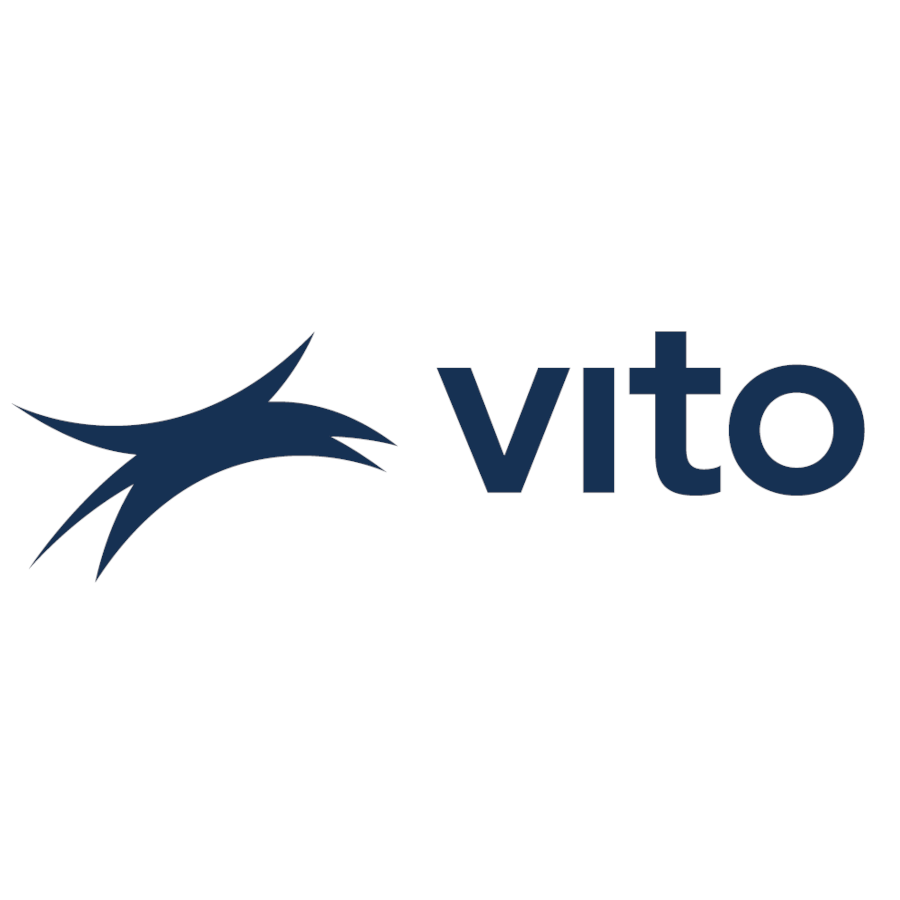
Vito
VITO will work on engineered and electrified 3D printed reactors for captive H2 and CNT production. As a leading independent European research and technology organization in cleantech and sustainable development, it is one of our goals to play a role in meeting the net zero challenge by deploying CO2-free or CO2-negative (H2 production) processes.
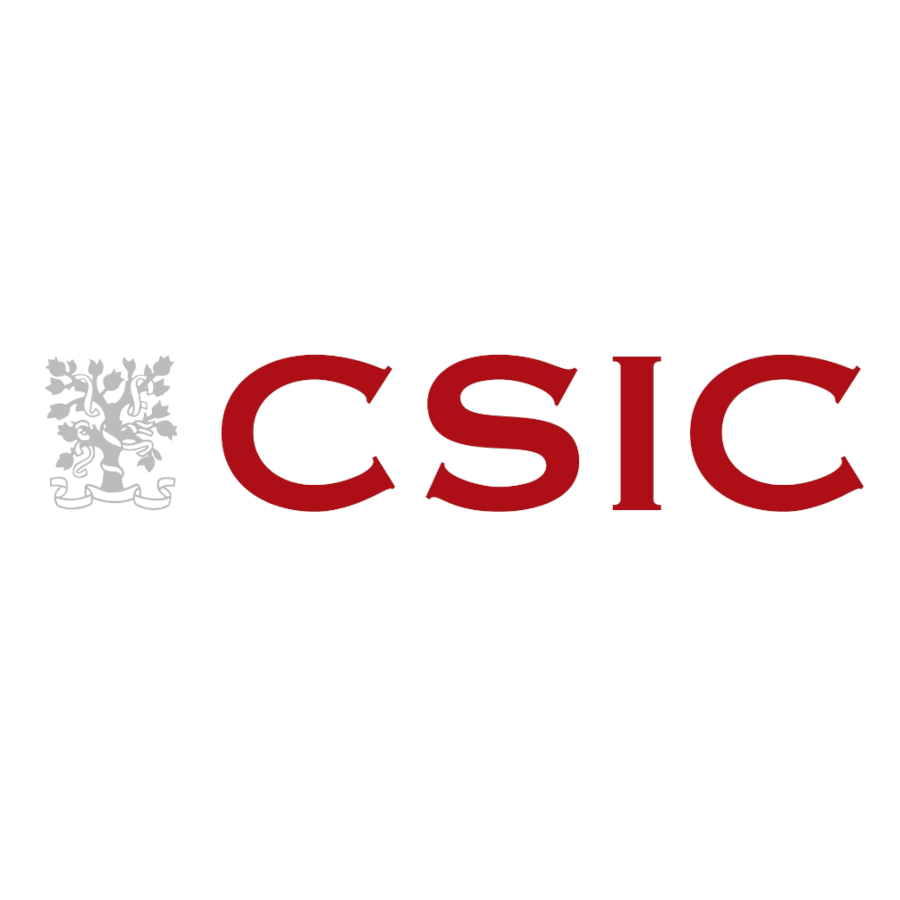
CSIC
The Institute of Materials Science of Seville is a common centre between the CSIC and the University of Seville (US). CSIC-US will carry out the catalyst’s development from the preparation of powder catalysts to their wash coating on structured supports. The US team acts as affiliated entity, providing the specific equipment for the wash coating and characterization of the structured systems.
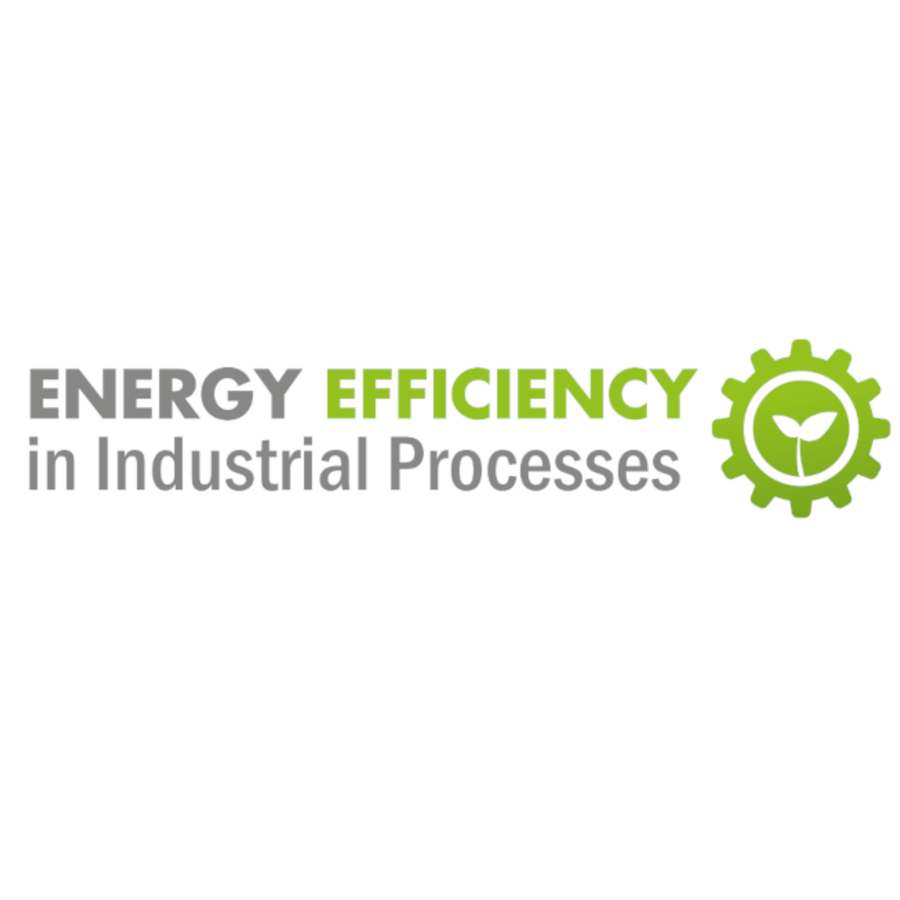
EEIP
EEIP is, in STORMING, the core dissemination partner bringing into the consortium a user network of over 150.000 from different organizations and sectors. EEIP will distribute the project results among target groups and stakeholders, while facilitating knowledge transfer, community engagement and acceptance to maximise opportunities for exploitation.
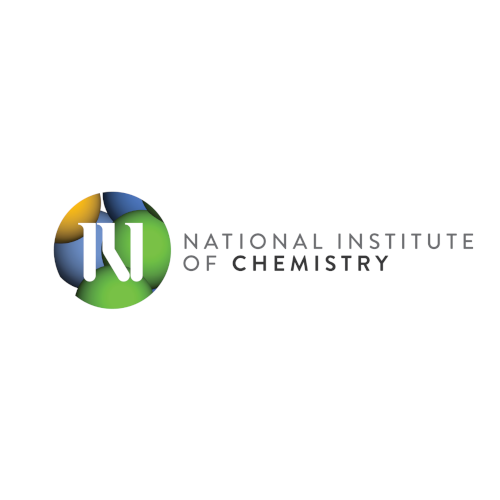
Nic
National Institute of Chemistry (NIC) will focus on catalytic cracking of methane in reactors heated by electromagnetic induction. To achieve efficient production of useful carbon products and pure hydrogen, catalytic materials active for induction heating will first be investigated both theoretically and experimentally. Selected catalysts will be used in an induction heated fluidised bed reactor to be designed and constructed by NIC. The reactor will ensure heat generation on catalyst particles, uniform heat distribution and prevention of reactor clogging by carbon materials.

